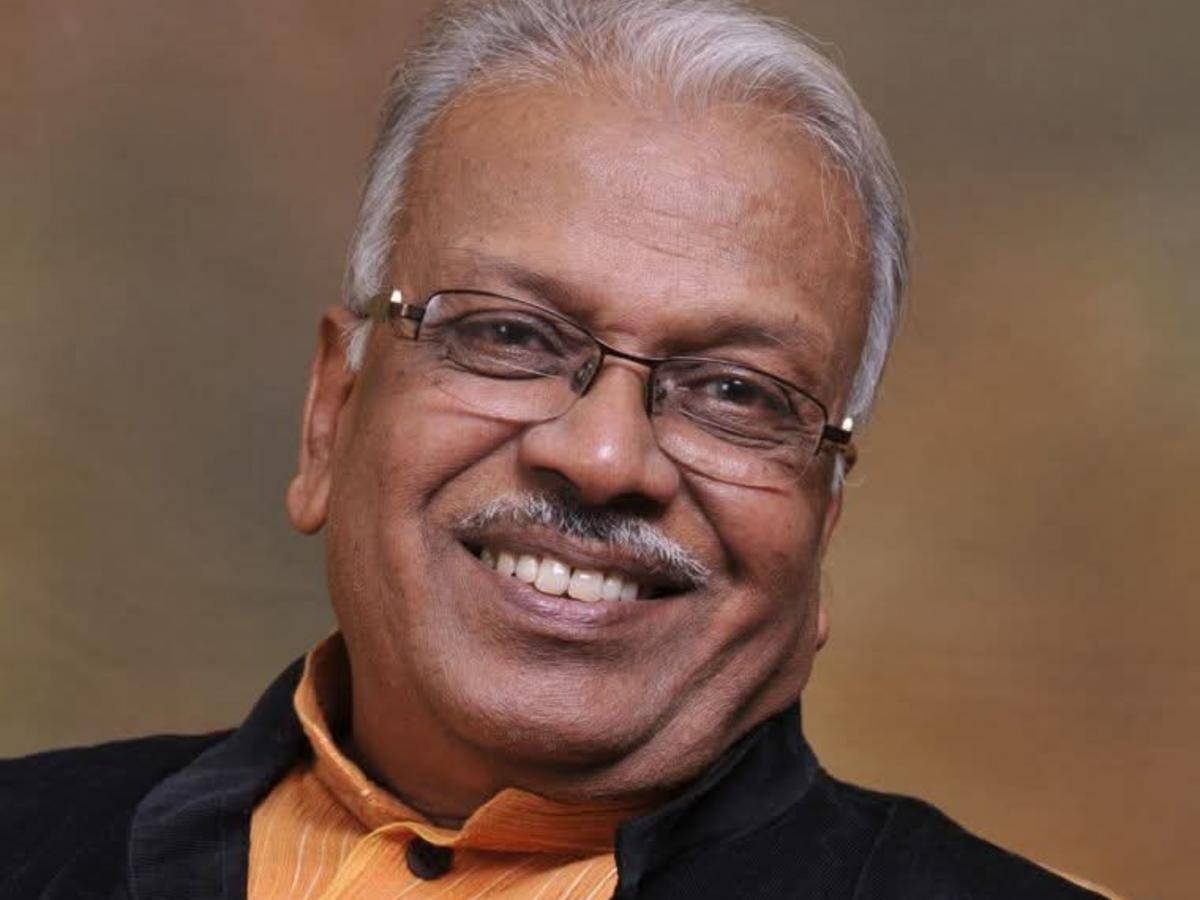
Renowned Kannada Poet H S Venkatesha Murthy Dies At 81 In Bengaluru (Image: X/madhudaithota)
Bengaluru: Celebrated Kannada poet and writer H S Venkatesha Murthy, fondly known as HSV died on Thursday at the age of 81 in Bengaluru. He had been suffering from age-related health issues for some time.
Born in 1944 in the village of Hodigere in Channagiri taluk, Davanagere district, HSV was a towering figure in modern Kannada literature.
Read Also: “Historians Have Taught Me”: Kamal Haasan Clarifies Tamil-Kannada Remark
He began his literary journey with the poetry collection Parivrutta in 1968 during the height of the Navya (modernist) literary movement and remained a prolific voice for over five decades.
HSV’s final major work was Buddhacharana (2020), a long poem exploring the life and philosophy of the Buddha.
While his poetry was rooted in modern sensibilities, it remained deeply engaged with tradition.
Critics noted that in distancing himself from the overwhelming influence of Navya pioneer Gopalakrishna Adiga, HSV found inspiration in poets like Pu.Thi. Narasimhachar and K S Narasimhaswamy, whom he admired greatly.
His lyrical verses found resonance in the Kannada Sugama Sangeeta era, with many of his poems becoming popular in Bhaavageete.
Read Also: Kasthuri Raja To Take Legal Action Over ‘Unauthorised’ Songs In Ajith’s ‘Good Bad Ugly’
This led to his inclusion among the so-called “cassette poets,” a generation of writers whose works were widely heard through recorded music.
Beyond poetry, HSV made substantial contributions across literary genres. He was an accomplished playwright, known for works such as Uriya Uyyale, Agnivarna, and Manthare.
A passionate writer for children, he created numerous songs, stories, and plays. His story Chinnari Mutha was adapted into a film that went on to win a national award.
In 2018, HSV also stepped into filmmaking with Hasiru Ribbon, an autobiographical film.
As a lyricist, he wrote for Kannada cinema and television serials.
He also authored memoirs, an autobiography, and a critically regarded doctoral thesis titled Kannadadalli Kathana Kavanagalu, which remains a valuable contribution to Kannada literary criticism.
Recognising the need to make classical literature more accessible, HSV undertook an ambitious project of simplifying epic texts like Kumaravyasa Bharata and Vikramarjuna Vijaya, bringing them closer to modern readers and younger generations.
Over his lifetime, HSV received several honours, including the Sahitya Akademi Bal Puraskar in 2013 and the Akademi Award for his Kannada translation of Kalidasa’s Ritusamhara. He was a five-time recipient of the Karnataka Sahitya Academy award.
He chaired the 85th Akhila Bharata Kannada Sahitya Sammelana in Kalaburagi in 2020, where he strongly advocated for Kannada as the medium of instruction in primary schools and argued for employment opportunities to be prioritised for native Kannadigas.
A vocal critic of Hindi as the national link language, HSV instead proposed Sanskrit or Prakrit as a more neutral alternative. Yet, he also emphasised the need to teach English, enabling children to connect with the world.
HSV taught Kannada at St. Joseph’s Commerce College in Bengaluru until his retirement in 2000. He remained active in literary circles even in his later years.
His passing marks the end of a rich and influential chapter in Kannada literature, leaving behind a legacy that spans poetry, drama, children’s writing, film, and cultural thought.













